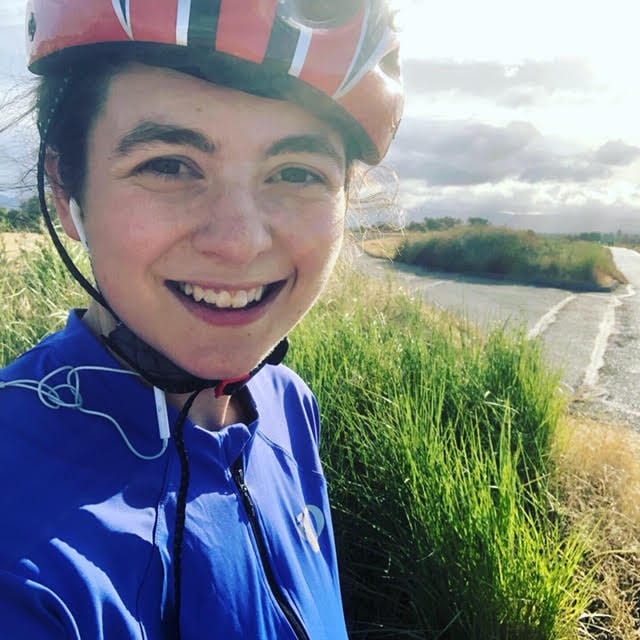Posted By: Sarah Ratzel, PhD, Science Editor, AJHG
Each month, the editors of The American Journal of Human Genetics interview an author of a recently published paper. This month, we check in with Natalie Telis to discuss her paper, “Public Discussion Affects Question Asking at Academic Conferences.”

AJHG: What caused you to start working on this project?
Dr. Telis: At one of the first conferences I went to, I realized after a day that I was the only woman who’d asked a question. And I remember thinking, “That’s weird, right?”
But then I second guessed it. I said, well, there were maybe 10 questions today. If 1 in 10 people in the audience are women, that participation is actually representative. What information would I need about this conference to discover whether this is representative participation?
Part of being a computational biologist is that you have a skill set that applies to computational problems — not just biology problems. So I started drawing on that skill set to try to learn more about this problem, and things kind of evolved from there!
AJHG: What about this paper most excites you?
Dr. Telis: I am really excited about the opportunity to explicitly set goals, and then to use these techniques to measure whether our interventions get there. If our goal is to increase proportionate participation, it’s easy to say: “Well, having 50% of people in the room be women will help us get there.” But does that actually come to bear? We can test that question now (and learn that it doesn’t work that way). That can help us build powerful interventions to change culture and reshape access for underrepresented groups in science more broadly.
AJHG: Thinking about the bigger picture, what implications do you see from this work for the larger human genetics community?
Dr. Telis: The human genetics community is still grappling with questions about representation and participation across the board, not only for women scientists but across intersectional categories. I do hope that raising these questions in a scientific way has contributed to more discussion around inclusion and representation. We definitely still need to ask, what do we want our community to look like, and how do we get there?
This work provides a precedent and hopefully a computational framework for testing that. And that’s a critical infrastructure we need to develop as we attempt to create change.
AJHG: What advice do you have for trainees/young scientists?
Dr. Telis: Any question is an opportunity to hone your scientific skills. Asking questions about questions didn’t seem like human genetics to me, but the computational techniques I’ve learned were ultimately what I used to solve that problem. Being a scientist is an opportunity to live and work on the edge of what is known — bring that curiosity in the face of uncertainty with you wherever you go!
AJHG: And for fun, tell us something about your life outside of the lab.
Dr. Telis: I don’t really believe in New Year’s resolutions or setting a goalpost (especially because I always miss them), so instead this year I started trying to numerically track things I want myself to do more of. So I’m surprised and shocked and very proud to say I’ve read 27 books so far this year! Making space for all that fiction reading, not just paper reading, has made me more refreshed, inspired, and creative in my research.
Natalie Telis, PhD, is a Staff Scientist at AncestryDNA. She has been an ASHG member since 2014.
